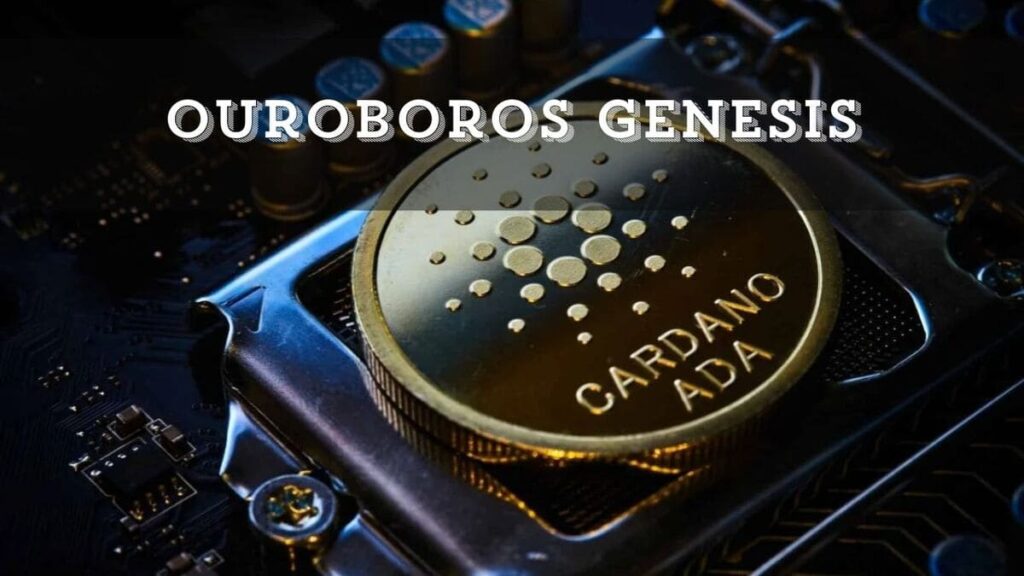TL;DR
- Cardano is gearing up for its upcoming update ‘Ouroboros Genesis’, which will enable full peer-to-peer (P2P) node operation.
- The transition to a complete P2P network will strengthen ADA’s blockchain decentralization and resilience in the long term, allowing participants to communicate and reach consensus autonomously.
- The update will have a significant impact on the scalability and performance of the network. With this, ADA will be able to host a wider variety of applications and use cases.
Cardano, a third-generation blockchain characterized by its focus on scalability, security, and decentralization, is on the verge of reaching a milestone in technological evolution. Its upcoming update, ‘Ouroboros Genesis’, sets a clear path towards full peer-to-peer (P2P) node operation, a goal meticulously pursued by the ADA community and developers.
The transition to a complete P2P network is essential to strengthen Cardano’s blockchain decentralization and long-term resilience. This network allows participants to communicate, synchronize data, and reach consensus directly and autonomously, without relying on intermediaries or trusted validators.
The final waypoint in the journey towards full P2P node operations is planned to arrive with the upcoming Ouroboros Genesis release. If you are a stake pool operator, a DApp, or exchange developer here is what you need to know👇@therealdisasm #Cardano360 #P2P pic.twitter.com/BNLQzHunNC
— Input Output (@InputOutputHK) April 26, 2024
Previously, Cardano had implemented infrastructure improvements to prepare for this change. Updates such as Dynamic P2P and version 1.35.6 of the node have optimized communication between distributed nodes, simplifying the operation of relay nodes and block-producing nodes, and eliminating the need for static configurations and manual input from stake pool operators.
Cardano Prepares for a Necessary and Anticipated Change
Ouroboros Genesis will be part of the Chang update and will be released this summer. With this upgrade, Cardano nodes will be able to self-bootstrap from the live network, eliminating the need to synchronize with a trusted validator to enter the network. It will also simplify the use of Cardano node’s P2P capabilities, fully automating the process and reducing the need for human intervention.
This transition to full P2P node operations is expected to have a significant impact on the network’s scalability and performance. With a more efficient and autonomous network, ADA will be able to host a wider variety of applications and use cases, from decentralized finance (DeFi) to digital identity solutions and much more.











